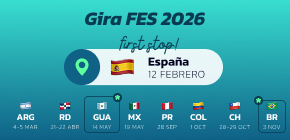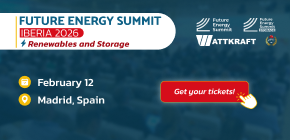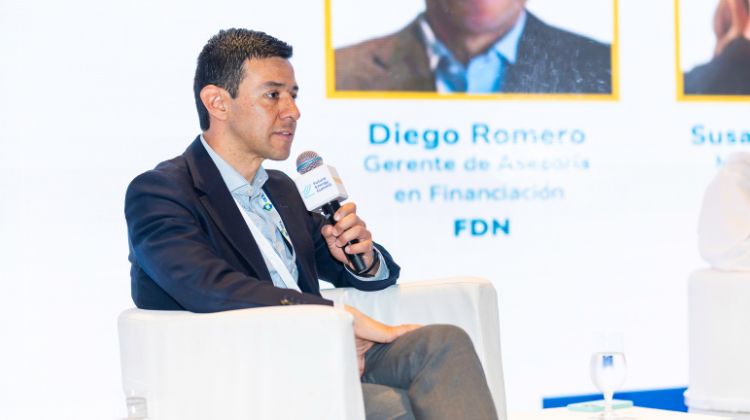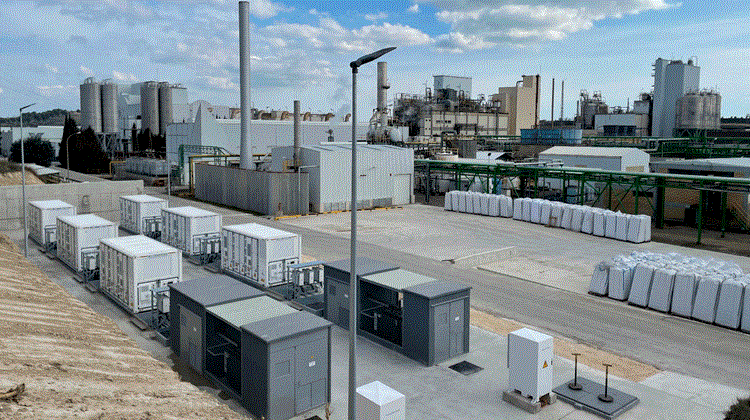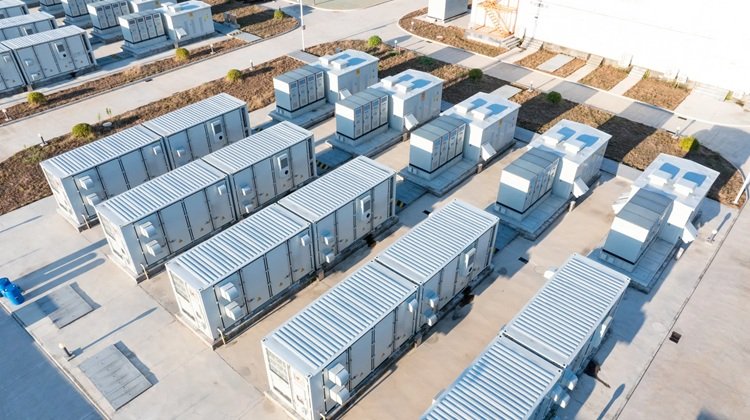Over the past year, Colombia’s National Development Finance Agency (FDN) —the country’s state-owned development finance institution— has strengthened a strategy aimed at replicating efficient financing models for the renewable energy sector, particularly solar PV generation.
During the Future Energy Summit (FES) Colombia, FDN’s Financing Advisory Manager, Diego Romero, explained to an audience of more than 400 industry stakeholders how the institution is now structuring bundled project portfolios to reduce costs and accelerate disbursements.
The model consists of granting a single credit line under which multiple energy projects can be incorporated, provided they meet predefined technical and regulatory criteria. Each new project is added without restarting the full due-diligence process, enabling faster execution and lower transaction costs.
According to Romero, the objective is clear: gain efficiency, scale financing and shorten the timelines that currently slow down the expansion of renewable generation capacity.
The shift responds to persistent delays in financial close. Although Colombia has liquidity and robust investor appetite, “approval timelines, bureaucracy, and bottlenecks in permitting and grid connection points continue to affect execution,” Romero noted.
In 2024, FDN financed only one large-scale project, and the institution expects moderate growth in 2025, although the country still faces a structural gap of about 4.5 GW compared to its official expansion plan through 2026.
Romero emphasized that despite the availability of capital, many projects lack the technical or legal maturity required to become bankable. For that reason, he argued that co-structuring between banks, developers and the government is essential to unlock investments and accelerate the country’s renewable matrix.
Romero highlighted a key case that illustrates this approach: an individual solar solutions program in La Guajira, where the FDN financed 840 installations in off-grid areas, totaling COP 12 billion.
Although modest in volume, the initiative allowed the institution to test a flexible and sustainable financing structure, relying on subsidies as a repayment source and delivering high social impact in communities without access to electricity.
The model is scalable and replicable in other regions of Colombia, provided there is a mix of public funding, guarantees and private-sector participation. According to FDN, this combination could transform decentralized energy finance into a meaningful development tool.
FDN’s evolving role in a decentralized renewable landscape
From FDN’s perspective, the challenge is no longer capital availability but risk allocation and process acceleration. As Colombia’s renewable ecosystem becomes increasingly decentralized —with a rise in projects under 5 MW, distributed generation, self-generation and non-interconnected zones— the FDN aims to act as a catalyst for new financing models that combine social sustainability with economic viability.
The institution seeks to prove that small-scale financing can deliver large-scale impact in the country’s energy transition.







